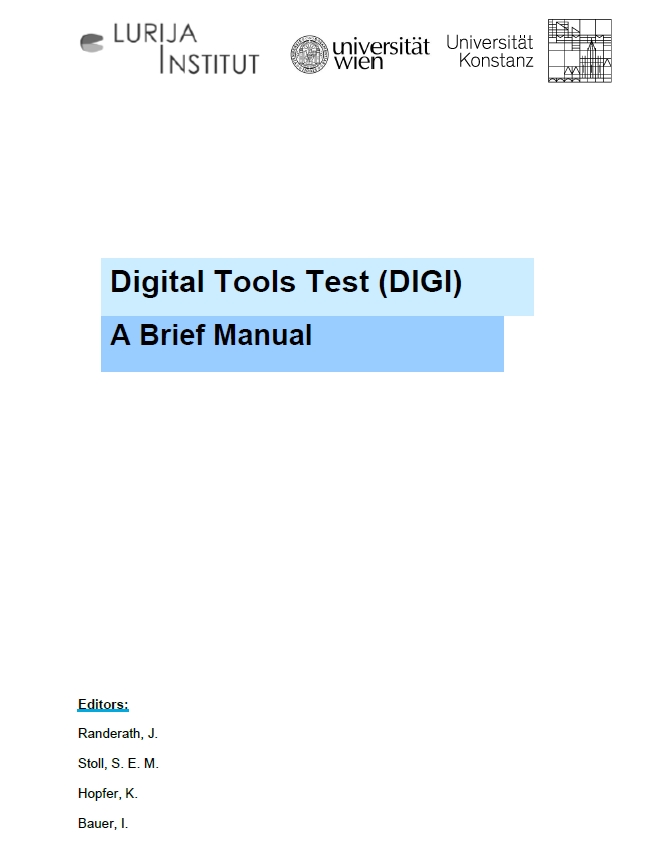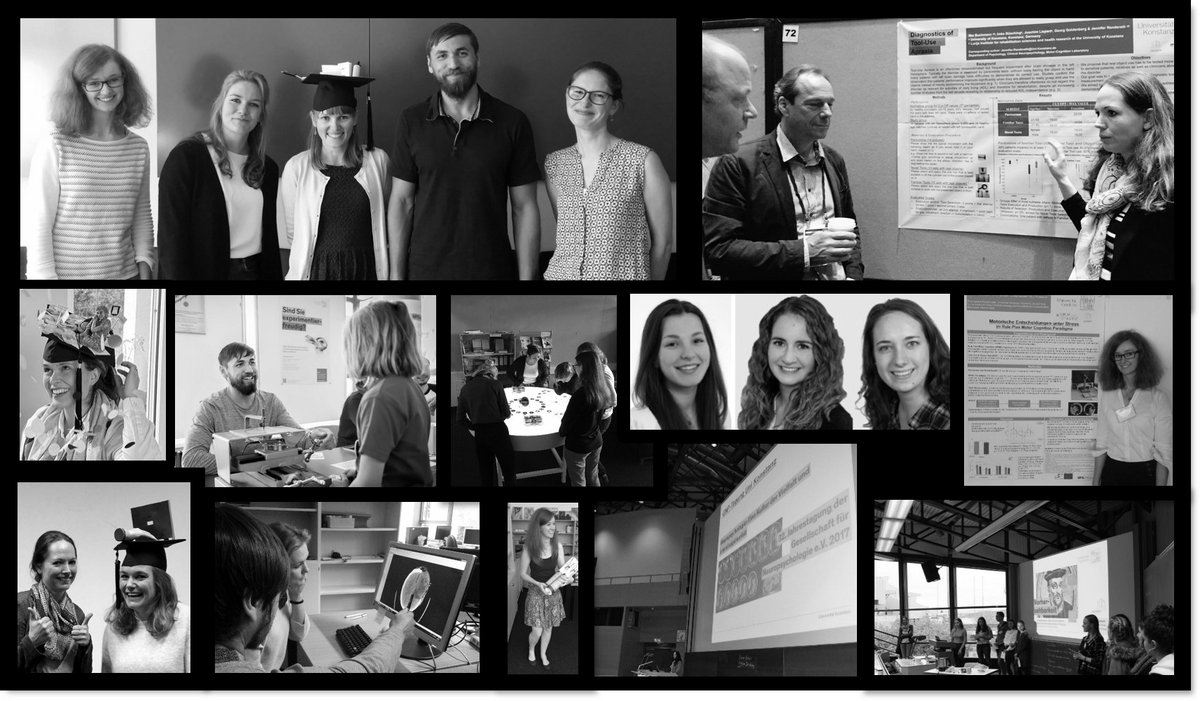
Our first study with our new DIGI assessment is now published
"The advancement of digital tool competency assessments and rehabilitation strategies is essential when we aim at facilitating societal inclusion and participation for individuals in affected populations." Our current work introduces the “Digital Tools Test” (“DIGI”) designed to evaluate an individual’s digital tool competencies ... https://www.frontiersin.org/articles/10.3389/fpsyg.2023.1270437/full https://www.moco.uni-konstanz.de/publikationen/assessments/
In the 21st century, digital devices have become integral to our daily lives. Still, practical assessments designed to evaluate an individual’s digital tool competencies are absent. The present study introduces the “Digital Tools Test” (“DIGI”), specifically designed for the evaluation of one’s proficiency in handling common applications and functions of smartphones and tablets. The DIGI assessment has been primarily tailored for prospective use among older adults and neurological patients with the latter frequently suffering from so-called apraxia, which potentially also affects the handling of digital tools. Similar to traditional tool use tests that assess tool-selection and tool-action processes, the DIGI assessment evaluates an individual’s ability to select an appropriate application for a given task (e.g., creating a new contact), their capacity to navigate within the chosen application and their competence in executing precise and accurate movements, such as swiping.
We tested the implementation of the DIGI in a group of 16 healthy adults aged 18 to 28 years and 16 healthy adults aged 60 to 74 years ....
You can access the full manuscript in Frontiers in Psychology (LINK)
Going along with our manuscrip, we made a brief manual for using the DIGI available (LINK)

